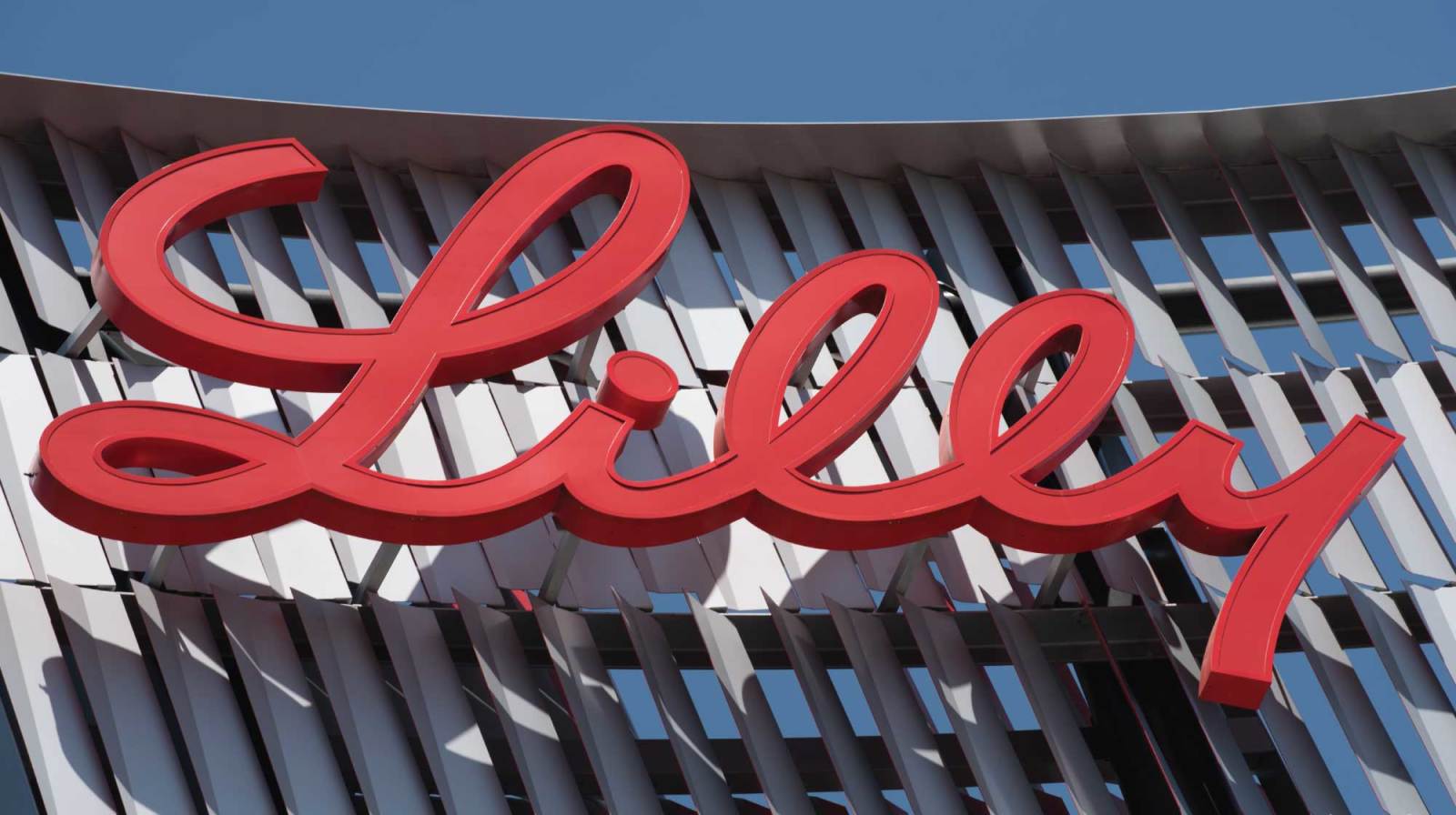Lilly pads case for mirikizumab in its next potential indication in Crohn's disease
21 May 2024
Clinical ResultPhase 3Drug Approval

Preview
Source: FiercePharma
At the study's one-year mark, clinical remission and endoscopic response were achieved by 54.1% and 48.4% of mirikizumab patients, respectively.
Following last year’s hard-won ulcerative colitis nod for Eli Lilly’s Omvoh, also known as mirikizumab, the Indianapolis-based drugmaker is padding the case for its antibody’s next potential immunology approval.
Lilly on Tuesday reported that mirikizumab aced both co-primary endpoints and all major secondary endpoints after 1 year of testing in the phase 3 VIVID-1 trial in Crohn’s disease. Notably, Lilly’s drug appeared to work in patients for whom previous biologics had not, according to data presented at Digestive Disease Week in Washington D.C.
Specifically, 39.3% of bio-naïve patients (those who had never tried a biologic) and 36.7% of bio-failed patients (those for whom biologics either did not or stopped working) on mirikizumab achieved composite patient-reported clinical response at the 12-week mark and endoscopic response after 1 year compared to 11.8% and 6.2% of bio-naïve and bio-failed patients on placebo, respectively.
Further, 47.3% and bio-naïve and 43.4% of bio-failed patients on mirikizumab achieved clinical remission at week 52 according to the Crohn’s Disease Activity Index (CDAI), versus 26.5% and 12.4% of patients on placebo, Lilly said.
Overall, at the one-year mark, clinical remission and endoscopic response were achieved by 54.1% and 48.4% of mirikizumab patients, respectively.
Meanwhile, when pitting mirikizumab against J&J’s Stelara (ustekinumab), patients on Lilly’s drug saw “nominally statistically significant higher rates” of clinical remission and endoscopic response at week 52, Lilly pointed out. The company caveated that mirikizumab did not achieve superiority to Stelara for endoscopic response.
"After one year of treatment, more than one-half of patients treated with mirikizumab achieved clinical remission and nearly one-half achieved endoscopic response,” Mark Genovese, M.D., SVP of Lilly immunology development, said in a statement. “Remarkably, the majority of patients who achieved either of these endpoints, achieved both together.”
Ahead of the data drop, Lilly says it submitted an application for mirikizumab in Crohn’s disease with the FDA and European Medicines Agency earlier this year. The company also plans to ship filings to other regulators around the world.
Aside from the VIVID-1 study, Lilly is also testing mirikizumab in other Crohn’s populations, including children.
Upon winning its first approval at the FDA in October, mirikizumab, under the brand name Omvoh, became the first IL-23 inhibitorIL-23 inhibitor to enter the crowded ulcerative colitis field, which already counts biologics from AbbVie, Johnson & Johnson and Takeda among its ranks.
The approval followed a rejection last April when the FDA snubbed the drug over manufacturing problems uncovered during a preapproval inspection.
Over the course of 2023, mirikizumab also picked up ulcerative colitis green lights in Europe and Japan, plus a reimbursement recommendation in England.
For more details,please visit the original website
The content of the article does not represent any opinions of Synapse and its affiliated companies. If there is any copyright infringement or error, please contact us, and we will deal with it within 24 hours.
Organizations
Targets
Hot reports
Get started for free today!
Accelerate Strategic R&D decision making with Synapse, PatSnap’s AI-powered Connected Innovation Intelligence Platform Built for Life Sciences Professionals.
Start your data trial now!
Synapse data is also accessible to external entities via APIs or data packages. Leverages most recent intelligence information, enabling fullest potential.





